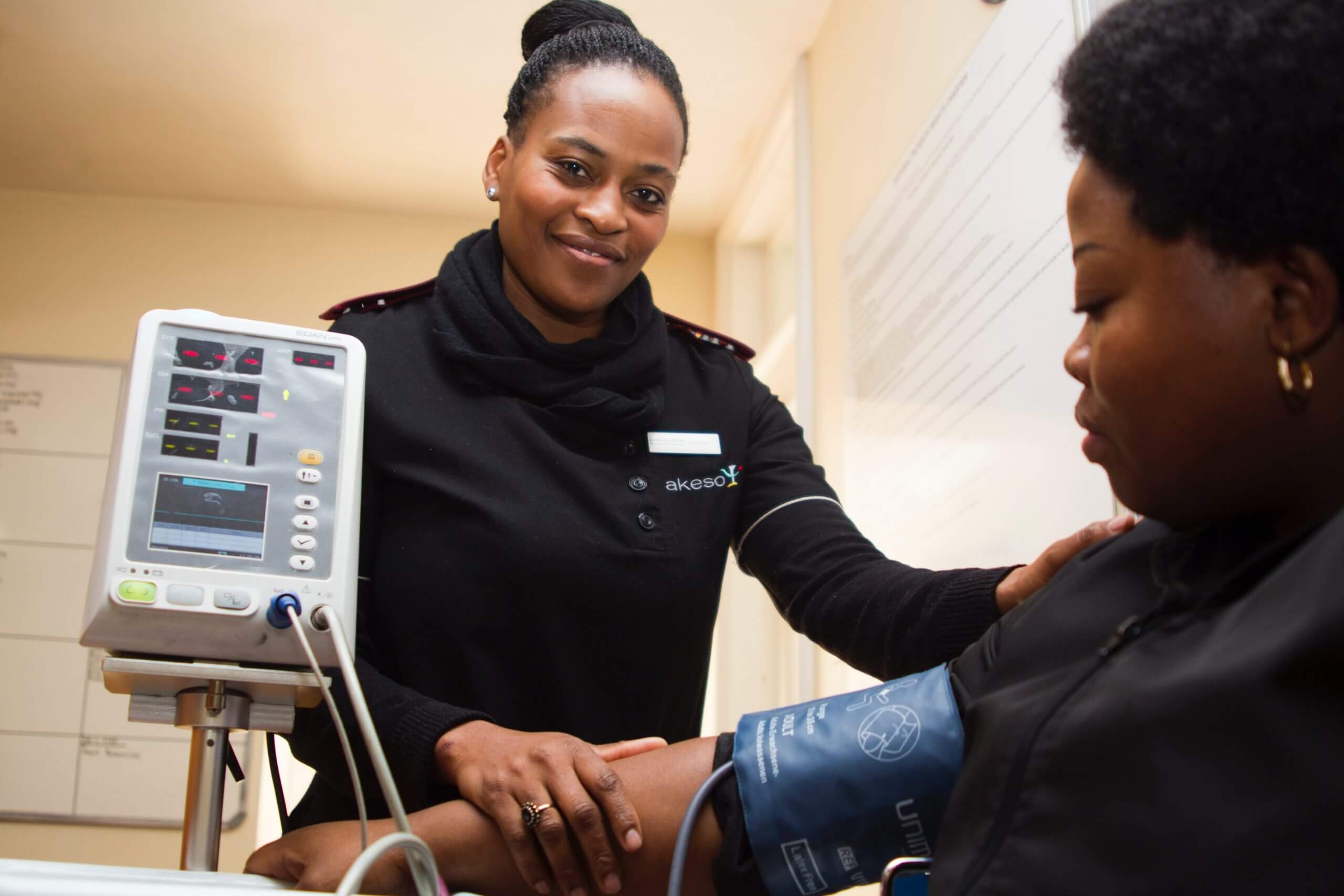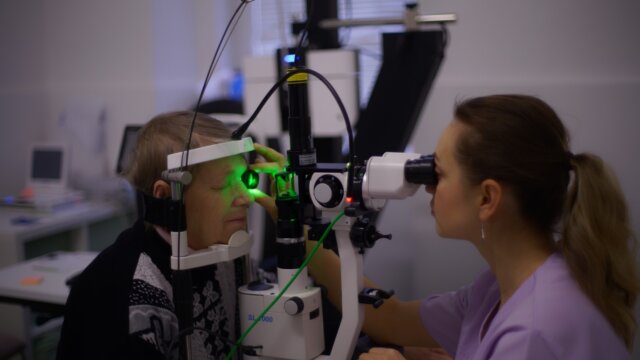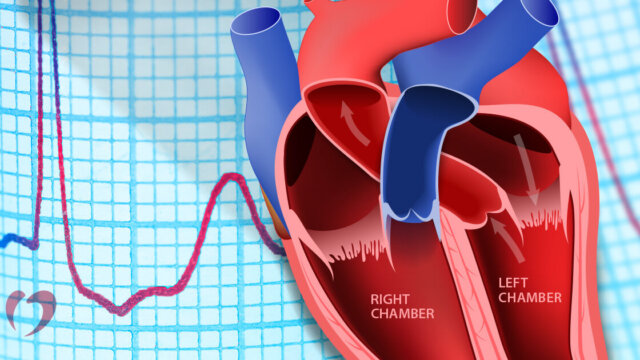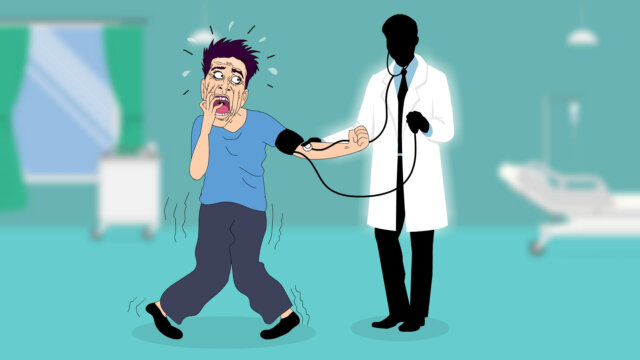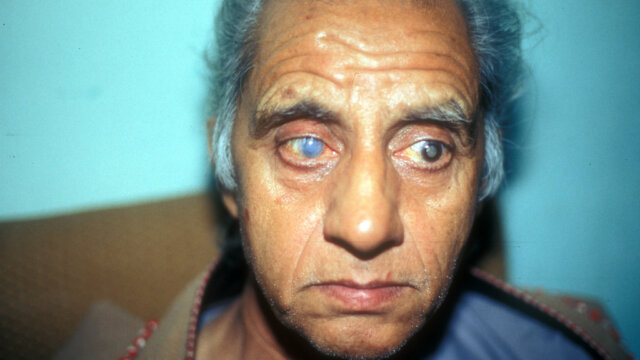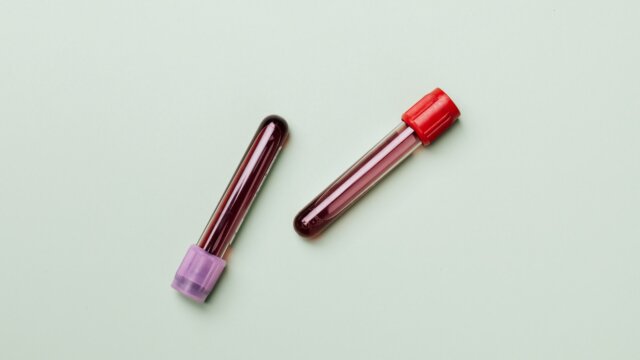FTC disclaimer: This post may contains affiliate links and we will be compensated if you click on a link and make a purchase.
High blood pressure tests are not that many. High blood pressure is also known as hypertension.
The best and fastest way to know if your BP is high is to measure it. An instrument called a sphygmomanometer or blood pressure monitor is used.
BP is measured manually with a sphygmomanometer digital or electronic monitors. Your health care provider will measure the BP and determine if it’s normal or high.
You can also measure your own BP at home when you buy one of these monitors. You can have your BP measured for free in many countries at pharmacies and some big supermarkets.
Of all the high blood pressure tests, measuring your BP is the easiest and fastest test you can do.
The normal blood pressure is below 120/80. However, in some patients, blood pressure may temporarily go up in the presence of a doctor. This is called white-coat hypertension.
Diagnosis of high blood pressure
Blood pressure that is consistently above 140/90 is considered hypertension.
BP fluctuates during the day and night, depending on activity level. Before measuring your BP, make sure you are relaxed and rested.
Doctors will diagnose hypertension when your BP is higher than 140/90 on three separate occasions.
In some instances, the diagnosis will be made right away if the BP is severely high and there is evidence of organ damage.
Doctors will also make history taking to access risk factors of hypertension like any symptoms, family history, alcohol intake, smoking habits, diet, any diseases like diabetes and cholesterol, and other causes of high blood pressure.
An examination may also reveal other signs of chronic hypertension like swollen legs and abdomen, papilloedema in the eyes, and other signs.
Tests for High Blood Pressure
Health practitioners will also want to rule out risk factors of HBP and secondary hypertension by doing tests.
These tests for high blood pressure are;
Blood tests
High blood pressure tests will include blood tests like;
- Complete Blood Count (CBC or FBC)
- Urea (Blood Urea Nitrogen, BUN)- to check for kidney function
- Electrolytes- like potassium sodium to exclude causes of secondary hypertension
- Blood glucose level- to check for diabetes mellitus
- Cholesterol level
Urine tests
High blood pressure tests will include urine tests like;
- Blood in urine
- Protein – to check for kidney function and damage
Heart Function
These tests will include checking the heart function using;
- Electrocardiogram (ECG or EKG)- to check for heart rhythm and signs of heart disease.
- Holter monitor- this is a portable EKG machine.
- Echocardiogram- to check the size of heart chambers and their function
- Stress tests- like exercise to determine how much a person can tolerate activity without having chest pain or abnormal blood pressure.
Brain
Stoke is a common complication of hypertension. Doctors may want to exclude a stroke if a patient has signs and symptoms.
These specific tests for the brain include;
- Computer Tomography (CT) Scan
- Magnetic Resonance Imaging (MRI)
Blood vessels
Signs and symptoms of artery damage or blockage will warrant these tests;
- Doppler Scan
- Magnetic Resonance Angiogram
- CT Angiogram
These are the most common tests your doctor can do. Please consult with your doctor for other possible tests that can be done to meet your needs.
